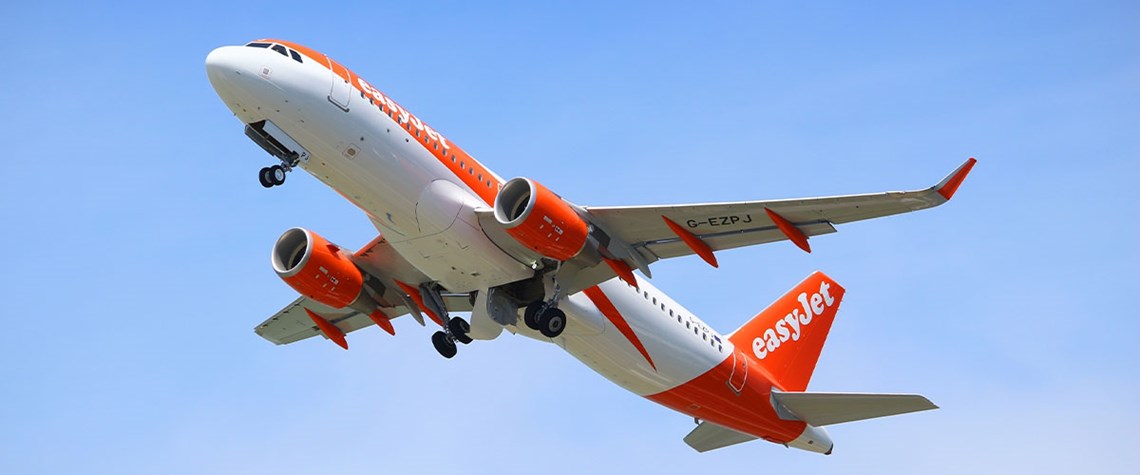Aviation requires suite of technologies to decarbonise
Sustainable aviation fuel likely to be responsible for bulk of decarbonisation before 2050
The aviation sector will employ a range of technologies to decarbonise, according to panellists at last week’s FT Hydrogen Summit. While smaller aircraft are likely to be powered by battery engines, compressed hydrogen and hydrogen fuel cells, the global fleet of larger planes will likely opt for sustainable aviation fuel (SAF) and, later, liquid hydrogen, according to David Morgan, director of flight operations at airline Easyjet. “There will be a number of different fuels: it is not either/or,” he says. This means developing dual-fuel infrastructure—although this should not be an issue as SAF is effectively a drop-in fuel and a liquid hydrogen network could be built up slowly. “We will see

Also in this section
4 February 2026
Europe’s largest electrolyser manufacturers are losing patience with policymakers as sluggish growth in the green hydrogen sector undermines their decision to expand production capacity
2 February 2026
As a fertiliser feedstock, it is indispensable, but ammonia’s potential as a carbon-free energy carrier is also making it central to global decarbonisation strategies
28 January 2026
The development of hydrogen’s distribution system must speed up if the industry is to stand any chance of grabbing a meaningful slice of the low-carbon energy market
14 January 2026
Continent’s governments must seize the green hydrogen opportunity by refining policies and ramping up the development of supply chains and infrastructure







